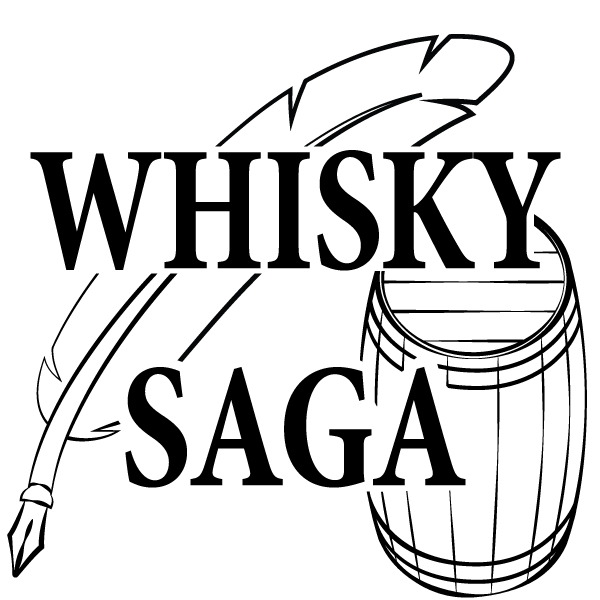A Brief Look at the History of Whisky
Alcohol generally has a pretty interesting and long history. The earliest alcoholic beverage in the world is believed to date back to China between 7,000 BC and 6,600 BC. It was a fermented drink made from fruit, rice, and honey. The distillation process that eventually led to the creation of whisky (or whiskey) didn’t appear until thousands of years later, roughly 2,000 BC. This process was founded in ancient Mesopotamia, and it was typically used to make perfumes. It then took a while for the distillation process to spread and reach Europe.
Photo by Adam Wilson / The Unsplash License
By roughly 1000 AD, traveling monks carried the distillation process to Scotland and Ireland. Unlike other parts of Europe, they didn’t have easy access to grapes — but they had access to grains. As a result, they began fermenting grains, which led to the beginning of the whisky we know and love today. However, it wasn’t until the 1400s that the first written record of whisky appeared.
Then, in the 1500s, King Henry VIII of England broke up the monasteries, which forced monks to turn to whisky-making to earn a living. Whisky then spread to the Americas when colonists brought it over with them.
Oldest Whisky Distilleries
When it comes to oldest whisky distilleries, many of them are in Ireland and Scotland — no surprise there. But who holds the spot for the oldest licensed whisky distillery in the world? That would be the Old Bushmills Distillery in Northern Ireland. Even though the distillery wasn’t built until 1784, the license to make the whisky dates back to 1608.
As for other contenders, some of the oldest distilleries in the world include: Buffalo Trace Distillery (Kentucky, United States), Kilbeggan Distillery (Ireland), Strathisla Distillery (Scotland), and Oban Distillery (Scotland).
Better Whisky, Made Fast and Cheap
In the early 1800s, whisky manufacturers were on the brink of technology innovations that would completely change the game. The invention of the continuous still, and later the Coffey still, allowed manufacturers to produce larger quantities of higher-quality whisky at a faster pace and for a reasonable price. So, more whisky could be made and sold, and it started to grow in popularity across the world.
Photo by SBSTNC / The Unsplash License
Types of Whisky
Although corn whiskey had been in production for a while in the U.S., it wasn’t until 1840 that “Bourbon” was officially adopted as a type of whiskey. Then, in 1850, the first blended whisky was produced by Andrew Usher. The product was eventually sold as a blended scotch (because it came from Scotland), and sold worldwide. After Scotch and Bourbon, the other three main types of whisky are Canadian Whisky, Irish Whiskey, and Japanese Whisky.
All whisky is distilled from grains like corn, oats, rye, wheat, and barley. From there, it starts to get more complex as you break it down further. There are typically certain rules that manufacturers must follow, and these rules tend to differ by region. For example, Tennessee Bourbon must be 51 to 79 percent corn and it must be filtered through maple charcoal chunks before it’s aged (the Lincoln County process).
Popular Whisky Brands
For whisky beginners, getting used to all of the different brands and flavors can be a bit like playing an online variation of roulette: the stakes might be low or high (depending on how much you spend on a bottle); the types vary depending on where you are in the world. But the more you try, the more you’ll get a better idea of what you like and dislike.
While regional tastes in whisky tend to differ, there are some brands that sell above the rest worldwide. Three of the major Irish whiskey brands are Tullamore Dew, Jameson, and Bushmills, with Jameson being the most popular worldwide. For American whiskey, the global bestsellers include Jack Daniels and Jim Beam. Johnny Walker (Scotland) and Crown Royal (Canada) are also massively popular. Despite all of this, here’s a fun fact to part with: Indian whiskys make up nearly half of all the whiskys produced in the world.
Cheers!
- Thomas
PS! A note on whisky vs whiskey. This is really just a matter of spelling. In the USA and Ireland they tend to use the spelling whiskey, while in the rest of the world whisky is the preferred spelling.


